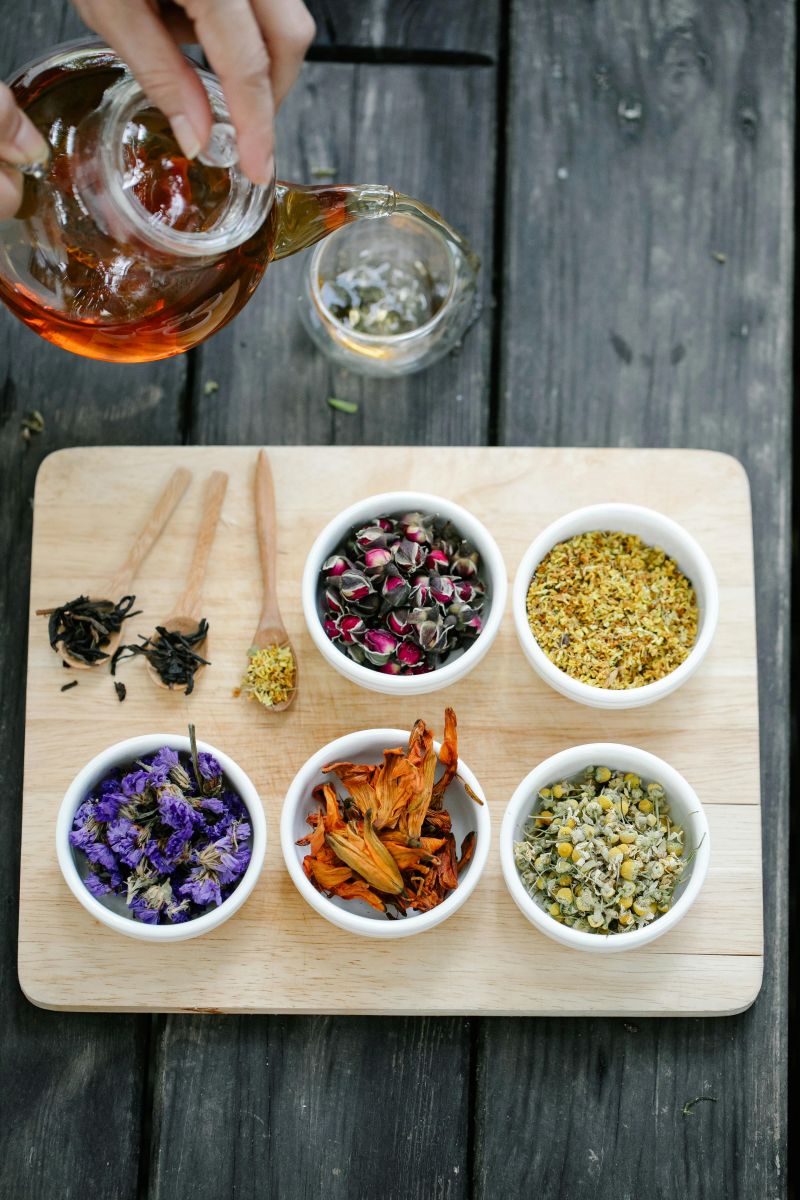Life can feel overwhelming at times. Deadlines, family commitments, and the everyday hustle can leave us feeling stressed and frazzled. While there are many ways to manage stress, nature offers a gentle helping hand in the form of herbs. These natural remedies have been used for centuries to promote relaxation and well-being. Let’s explore some effective herbs that can help you find your calm.
Understanding Stress and the Role of Herbs:
Stress is a natural response, but chronic stress can take a toll on our physical and mental health. Herbs can play a supportive role by helping to regulate the body’s stress response and promote relaxation. They work in various ways, some by calming the nervous system, others by reducing inflammation, and some by improving mood.
Herbs to Consider:
-
Chamomile: Known for its calming properties, chamomile is a popular choice for relaxation and sleep. A warm cup of chamomile tea before bed can help ease anxiety and promote restful sleep.
-
Lavender: The aroma of lavender is instantly recognizable and associated with tranquility. Lavender essential oil can be diffused, added to a bath, or diluted and applied topically (always with a carrier oil) to promote relaxation and reduce stress.
-
Lemon Balm: This herb has a gentle sedative effect, making it useful for relieving anxiety and promoting calmness. It can be consumed as a tea or taken as a supplement.
-
Passionflower: Passionflower is another herb traditionally used for its calming effects. It may help reduce anxiety and improve sleep quality. It’s often available in tea or capsule form.
-
Ashwagandha: This adaptogenic herb has been used for centuries in traditional practices. Adaptogens help the body adapt to stress. Ashwagandha may help reduce anxiety, improve sleep, and boost energy levels. It’s typically taken as a supplement.
-
Holy Basil (Tulsi): Also an adaptogen, holy basil is known for its stress-reducing and mood-boosting properties. It can be consumed as a tea or taken as a supplement.
- Valerian Root: If stress is interfering with sleep, valerian root is a natural sedative that can help improve sleep quality. It calms the nervous system and is often used to manage anxiety and restlessness. However, it’s best taken in moderation, as it can be quite potent.
- Peppermint: Peppermint is refreshing and uplifting, making it great for relieving mental fatigue and stress. Drinking peppermint tea or using peppermint essential oil can help clear the mind, improve focus, and ease tension headaches caused by stress.
- Rosemary: Rosemary isn’t just a kitchen staple—it’s also a powerful herb for reducing stress and enhancing memory. Its stimulating aroma can help lift your mood, while a warm cup of rosemary tea can soothe nerves and promote relaxation.
Incorporating Herbs into Your Routine:
- Teas: Herbal teas are a simple and enjoyable way to experience the benefits of herbs.
- Essential Oils: Essential oils can be diffused, added to bathwater, or used in aromatherapy blends. Always dilute essential oils with a carrier oil before applying them to the skin.
- Supplements: Herbal supplements are available in various forms, including capsules, tablets, and tinctures. It’s important to follow the recommended dosage and consult with a healthcare professional if you have any underlying health conditions
or are taking other medications.



